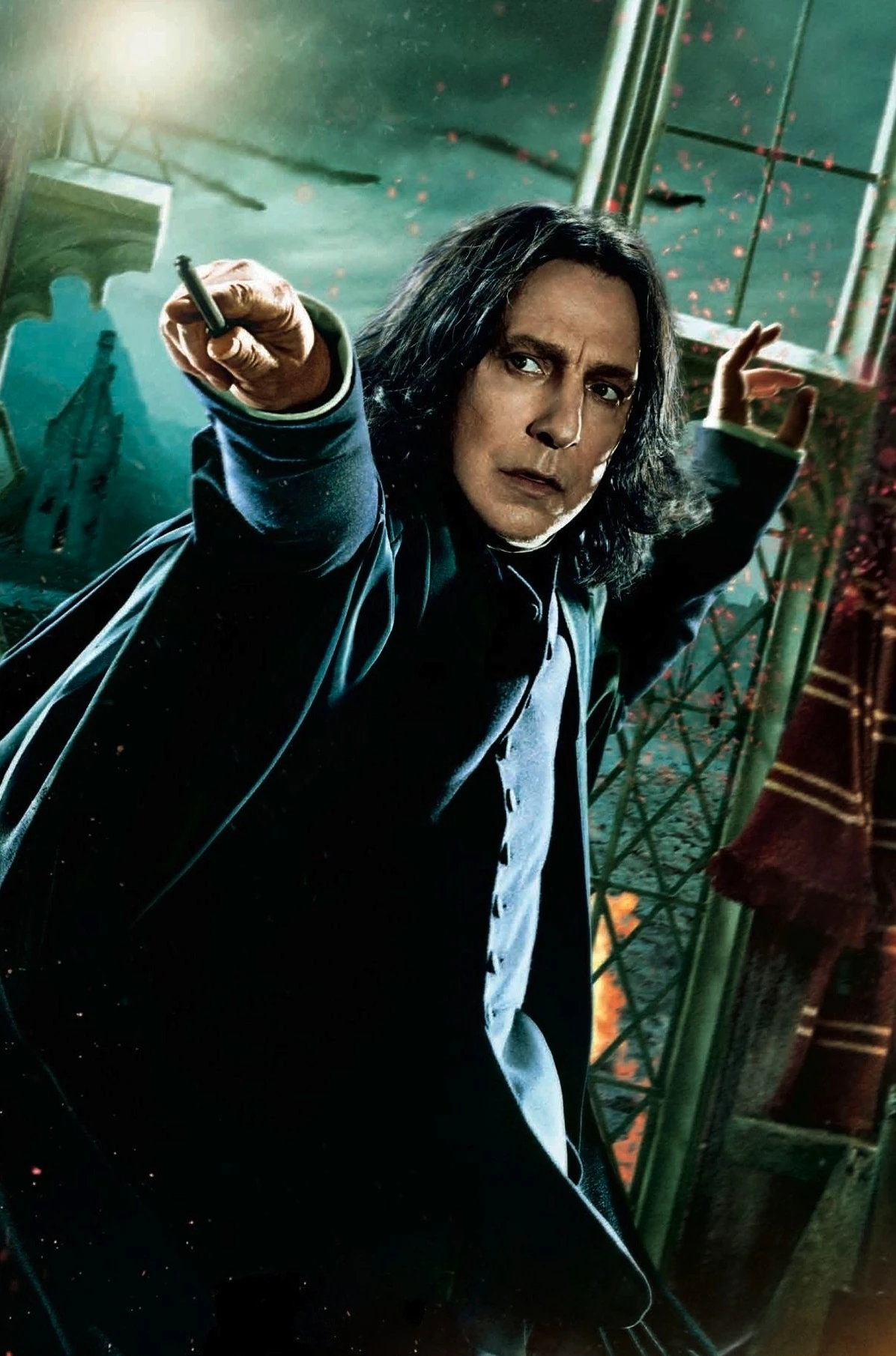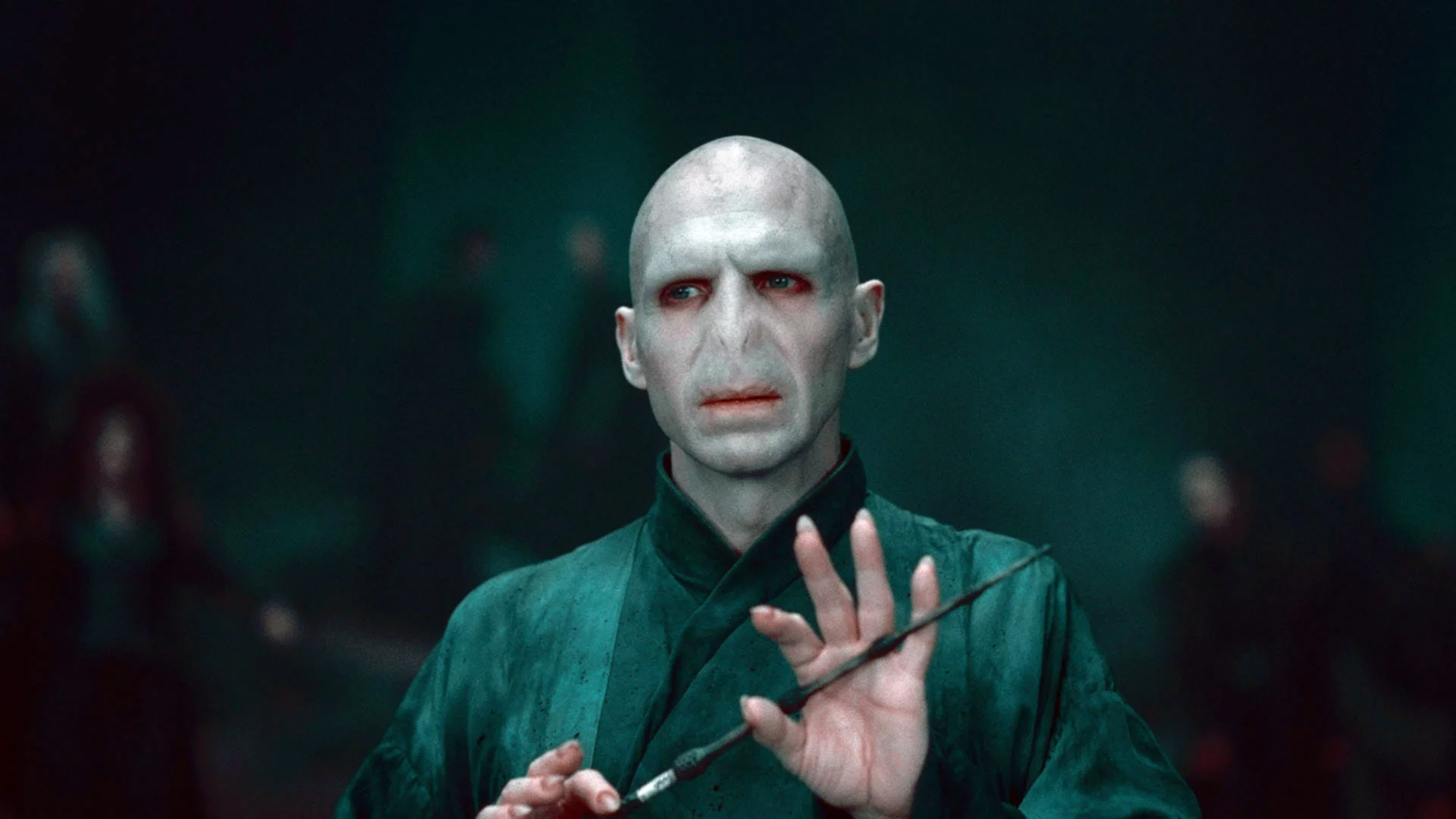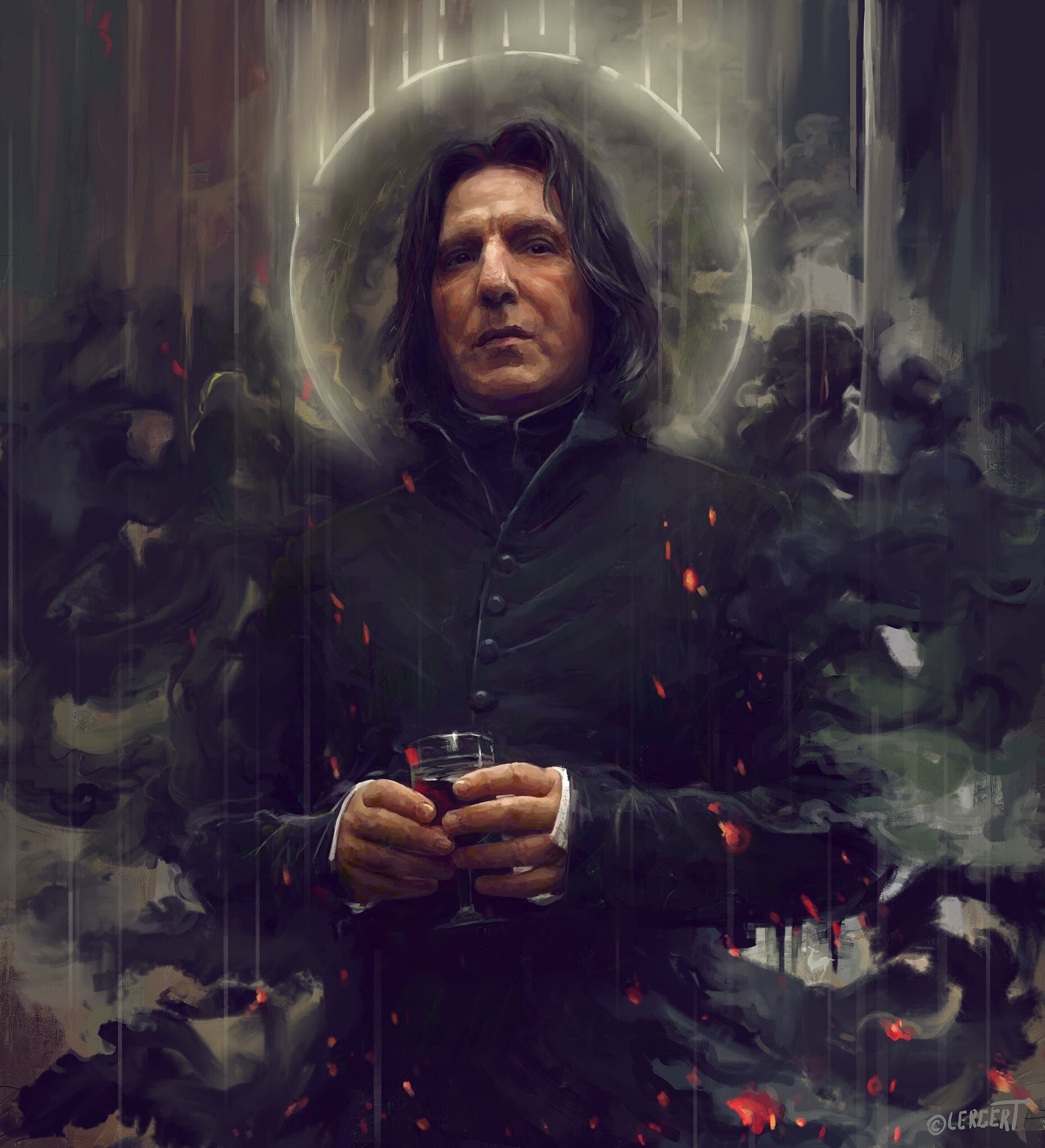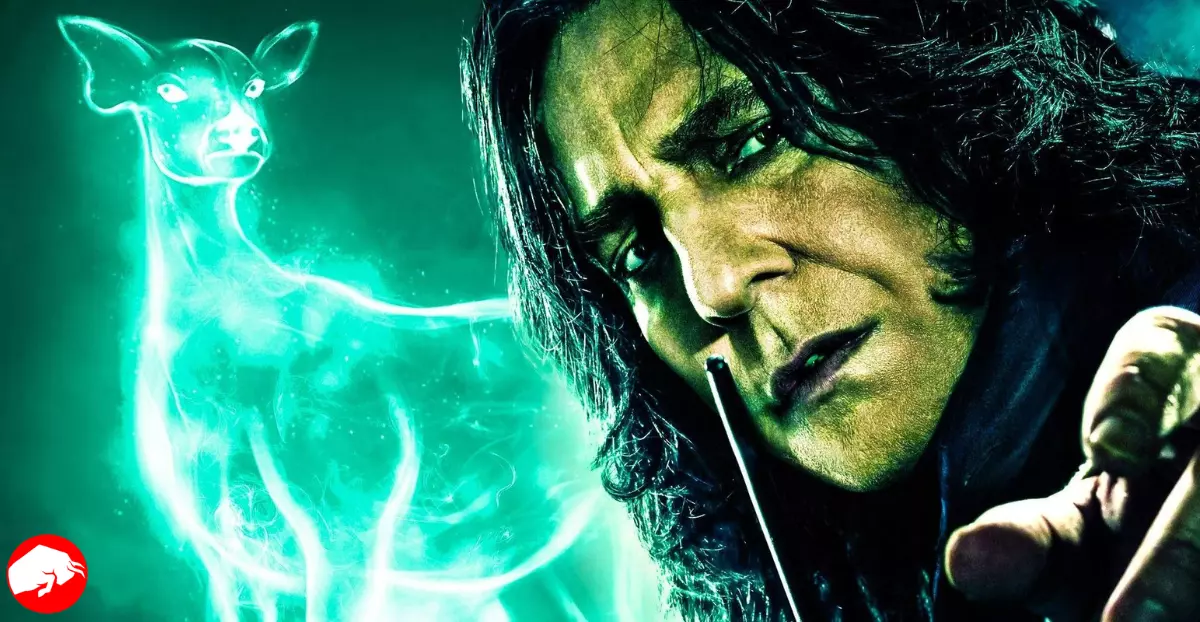Severus Snape, a central figure in the acclaimed Harry Potter series, continues to spark lively debates among fans due to his enigmatic nature. Despite his polarizing persona, Snape’s complex, multi-layered character fascinates Potterheads worldwide. A recent theory by a dedicated Redditor, Pearse_Borty, promises to broaden our understanding of Snape’s heroism, challenging fans to reassess their long-held perceptions of this intriguing character.
The Enigma That Is Snape

From the outset, Severus Snape, the stern, unwavering Potions Master at Hogwarts School of Witchcraft and Wizardry, was a character shrouded in ambiguity. With his high-arched nose and black, greasy hair framing a sallow face, his presence carried an aura of austere mystery that unfailingly caught attention.
He was notorious for his unapproachable demeanor, and his open antagonism towards the series’ lead, Harry Potter, was hard to miss or dismiss. This overt disdain from Snape wasn’t a mere facade or an occasional flare of temper. Instead, it seemed to stem from a place deep within his being, almost as if it was an integral part of his identity.
It reflected in his interactions with Harry, where every gesture, every word dripped with undisguised contempt. This interaction pattern led him to be viewed in a harsh, critical light, often deeming him an unsympathetic figure in the expansive Potter universe.
The significant faction of the Potter fandom, who were drawn more towards amiable characters, found it difficult to cast Snape in a favorable light, given his icy exterior and the persistent acerbity he exhibited.
Unveiling the Past
As the intricate narrative of The Deathly Hallows unfolded, a veil was lifted, offering the audience a rare and revelatory glimpse into the past that meticulously chiseled the enigma known as Severus Snape. This journey into his past provided valuable insights that added nuance and context to his otherwise seemingly irascible behavior.
With the unfolding of Snape’s history, it came to light that he had endured relentless torment and bullying at the hands of none other than James Potter – Harry’s father – during their shared time at Hogwarts. The bitter memories of this persecution were not Snape’s only connection to Harry’s parents.
In a heart-wrenching twist of fate, Snape had also been secretly harboring an intense, unrequited love for Harry’s mother, Lily Potter, whose green eyes were a constant reminder in the visage of young Harry. This complex, intermingled dynamic of love and resentment sculpted Snape’s disposition towards Harry, placing him in a tumultuous emotional vortex.
Despite his apparent hostility, Snape was compelled, out of his enduring love for Lily, to protect Harry – a task he executed as convoluted as his emotions, cloaked in his trademark caustic temperament.
The Ultimate Sacrifice
A defining and profoundly emotional moment in the series that left an indelible mark on fans was the tragic death of Severus Snape, carried out ruthlessly by Voldemort’s pet snake and Horcrux, Nagini. The sheer savagery of the attack, and Snape’s apparent passivity as he met his end, sent shockwaves through the wizarding world and left fans grappling with questions.
Snape’s unusual lack of resistance and almost fatalistic acceptance of the lethal assault were baffling. It was an action or rather inaction, that seemed at odds with the character’s previously demonstrated cunning and survival instinct. This perplexing behavior sent fans on a quest for answers, driving them deep into the realms of past narratives and subtle character nuances.
Drawing upon a pivotal element from the Half-Blood Prince, a theory was proposed by the Redditor, attempting to provide a comprehensive explanation. The theory posits that Snape’s surprising lack of resistance was not an act of surrender or defeat. On the contrary, it was a calculated, conscious decision deeply rooted in his solemn promise.
Snape had committed himself to an Unbreakable Vow with Narcissa Malfoy, Draco’s mother. The Vow was explicit – he was to ensure Draco’s safety and protection, an obligation he was bound to honor, even if it meant throwing himself into the jaws of death. The sheer enormity of this commitment was such that his own life became a secondary consideration, taking a backseat to the safety of young Draco.
This explanation sheds new light on Snape’s death, reframing it as a tragic loss and heroic self-sacrifice.
The Misdirection of the Elder Wand

In his relentless quest for ultimate power, Lord Voldemort’s desire leads him to covet the potent and legendary Elder Wand. In a charged encounter, he questions Snape, anticipating confirmation of his beliefs about the wand’s true master. With his characteristic inscrutability, Snape replies that the wand obeys him and him alone.
This assertion, however, is hinted to be a carefully constructed deceit, a smokescreen intended to mislead the Dark Lord. Given Snape’s position as Dumbledore’s closest confidant and trusted lieutenant, he would have been privy to the secrets and intricacies surrounding the wand’s loyalty, including its true allegiance to Draco Malfoy.
Snape’s layered duplicity becomes a pivotal element in the plot’s progression, contributing to a climax rife with unexpected twists.
As the series advances towards its grand conclusion, a frank encounter unfolds where Harry manages to disarm Draco in a duel. This act, seemingly insignificant at the time, carries immense implications. It silently and unknowingly transfers the Elder Wand’s loyalty to Harry, making him its new rightful master. As the narrative barrels towards the final confrontation, this unnoticed shift in allegiance dramatically alters the course of events.
In the final duel against Voldemort, the wand, now loyal to Harry, refuses to inflict harm upon its master. This defiance culminates in Voldemort’s spell rebounding on him, leading to his ultimate self-destruction – an ironic end to his reign of terror, predicated on a deception masterfully maintained by the enigmatic Severus Snape.
A Shadowy Guardian
Fully aware of this likely outcome, Snape willingly embraces his doom at Voldemort’s hands. Voldemort, wrongly believing that Snape is the master of the Elder Wand, kills him in an attempt to usurp the wand’s power. Snape’s sacrifice, however, is not merely to give Harry an upper hand in his inevitable clash with Voldemort but also to shield Draco from the Dark Lord’s retribution.
Snape finds himself trapped in a hero’s paradox – betraying Draco would mean breaking his Unbreakable Vow while attempting to save his own life would quicken Voldemort’s realization of the true master of the Elder Wand.
A Hidden Hero

Thus, Snape chooses to die in a profound act of self-sacrifice. In so doing, he facilitates Voldemort’s downfall, ensures Harry’s triumph, and prevents Draco’s potential exposure to mortal danger.
When viewed from this perspective, Severus Snape transcends his former image, evolving into a hero of a greater magnitude than previously recognized. He is a silent guardian who sacrifices himself for the greater good from the shadows. This fresh examination of Snape’s clandestine heroism underscores his depth of character, painting him as a complex, compelling wizard whose true nature surpasses first impressions.









